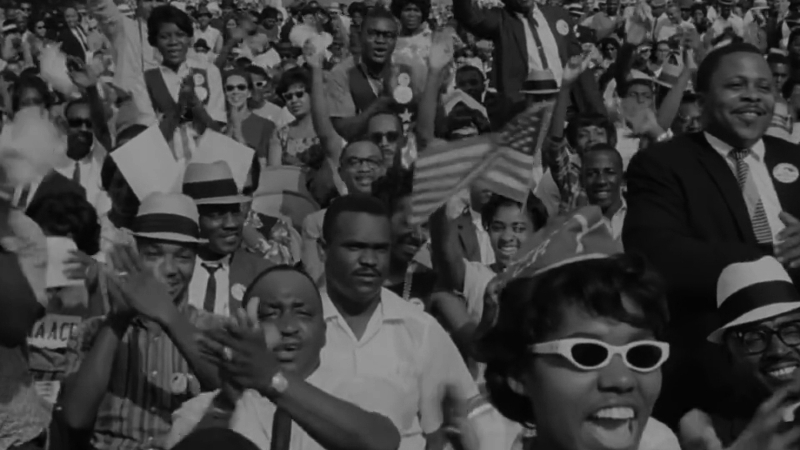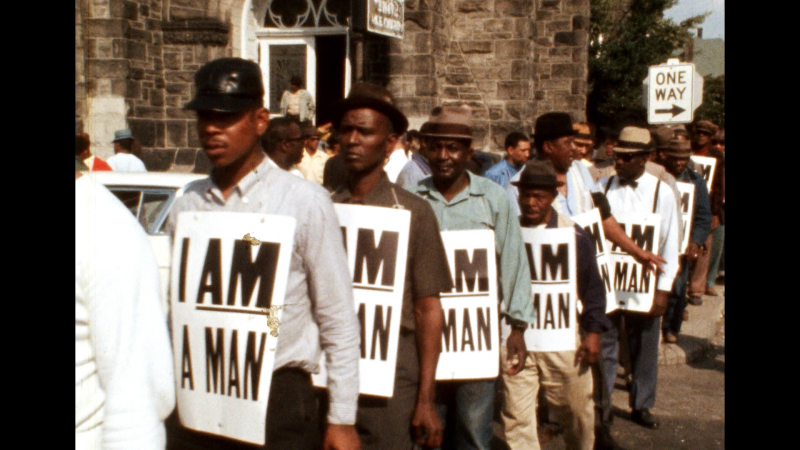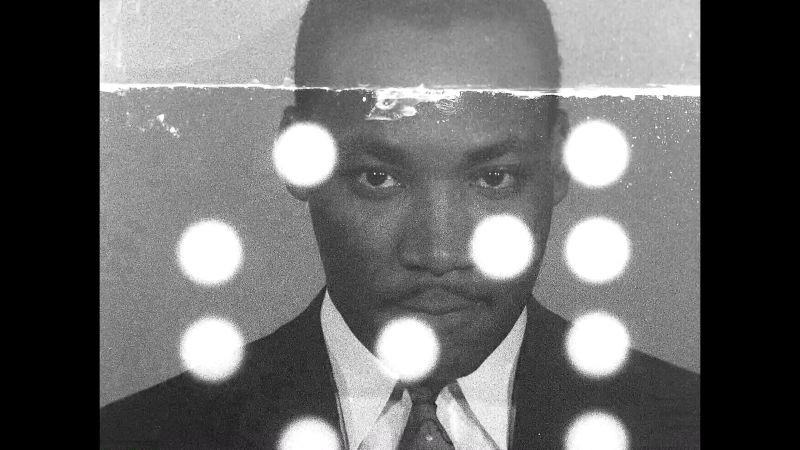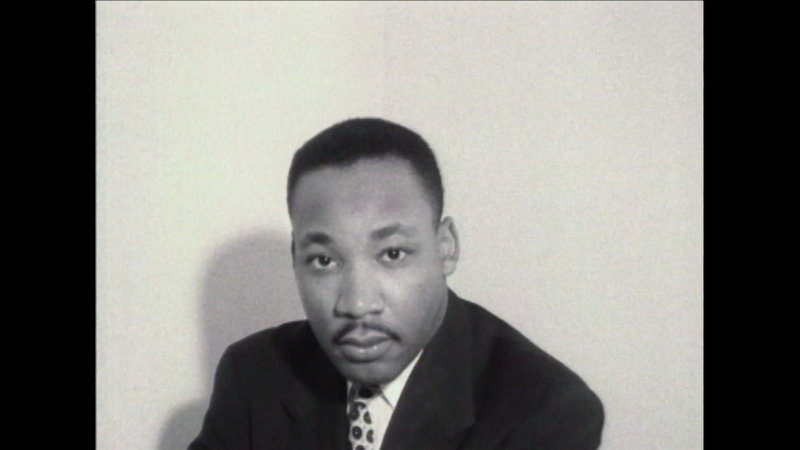Director – Sam Pollard – 2020 – US – Cert. 12 – 104m
****1/2
Documentary traces the complex relationship between the Federal Bureau of Investigation and black civil rights activist Martin Luther King Jr.– on VoD from Friday, January 15th
Probably more than any other single individual, Dr. Martin Luther King Jr. (1929-68) contributed to the cause of the civil rights campaign in America. His story and the story of that struggle has been told before, but what’s new in this documentary, following newly declassified documents under the Freedom Of Information Act, is its unflinching look at the role of the Federal Bureau of Investigation (FBI) in monitoring the man and attempting to discredit him in the minds of the American people.
The years 1924 -72 saw the FBI and its predecessor organisations run by J. Edgar Hoover (1895-1972) and this film takes a hard look at Hoover’s personal identity, how that was stamped on the Bureau during his tenure and the effect that had on its dealings with Dr. King.

Interviews with experts, academicians and recent FBI Director James Comey feature heavily on the soundtrack, although only rarely do they appear on camera as talking heads. As the voices, male and female, effectively blur into one long narration even though the names are often put up on the screen when the voice over switches from one person to another which means it becomes quite hard to tell who’s talking . There is also quite a bit of archive footage of both Dr.King and Hoover, as well as others, where it’s much more obvious who is speaking.
What emerges alongside the familiar story of Dr.King and the civil rights movement is that of a government agency’s concerns with that movement and its leader and how it worked out those concerns up to the point where Dr. King was assassinated in 1968 and that event’s immediate aftermath. Realising its reputation as an investigative body was on the line, the FBI performed a thorough enquiry into the shooting.
Hoover and his recruited G-Men are shown as white American males of a certain type – wearers of suits, at least six feet tall and interested in sports – which, it’s suggested, is very much in line with government and official ideas at the time Hoover oversaw the Bureau’s being initially set up of what it meant to be American.

When King is asked on camera why it is that black people are the one ethnic group that appear unable to better themselves in line with the myth of the American dream, a question which suggests that perhaps black people are less willing to put in the hard work to make something of themselves than other ethic groups, Dr. King knocks that perception on the head by responding that the reason is that because black people came to America as slaves, a legacy which is true of no other ethnic group in that country.
The FBI systematically wiretapped Dr. King following a visit by “the telephone company” to the New York home of his associate Clarence Jones out of which King often worked. Expecting to record intel about King’s political and campaigning activities, they also found themselves taping his extramarital, sexual activities with a series of women. The film doesn’t go into substantial details of these, but it does tell how a compilation tape of ‘greatest hits’ was mailed to his office and forwarded to his wife with an accompanying letter telling Dr. King to do the right thing. It also tells of the sending of similar material to church leaders in an attempt to get them to dissociate from Dr.King, to which the recipients responded by simply closing ranks and keeping the revelations under wraps.

The film further suggests that the white, all-American Hoover and Bureau regarded Dr. King both as a sexual deviant and as a black man capable of disrupting the structure of white men ruling over blacks which was part of the integral social structure of the US. It goes further to suggest a white American view of black males as potential rapists of white women, which view meant that black males had to be kept in their place to maintain the social order. This view is presented not as a renegade view at odds with the purposes of the American State, but one very much in line with its unspoken agenda and purposes.
The FBI tapes of Dr. King are in storage and won’t be released into the public domain until 2027. How much if anything they will add to this story when heard is a moot point. What is clear, however, is that the State regarded Dr. King as a person threatening to unsettle the prevailing, by implication right and good, white social order. The mere fact that such ideas can be put under the microscope today in a film such as this means that the country has come a long way since those days. At the same time, given the #BlackLivesMatter movement, its thesis couldn’t be more timely.
MLK/FBI is out on VoD in the UK from Friday, January 15th.
Trailer:
